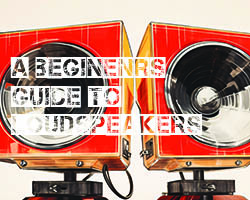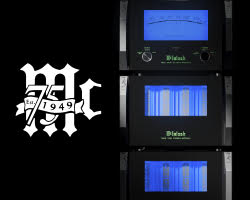The Brazilian Scene is a collection of tunes from Antonio Carlos Jobim with Herbie Mann (“One Note Samba”), Baden Powell with Herbie Mann (“Consolacao”), Zé Maria with George Ben, Gilberto Gil, Luiz Bonfa (“Murmurio”), Radamés Gnattali and Heitor Villa-Lobos all with a laid-back Brazilian theme which is just perfect for the long awaited summer.
Brazilian Scene opens with the wonderfully infectious “One Note Samba” by Antonio Carlos Jobim and Herbie Mann and is closely followed by “Consolacao”… I’m a bit of a fan of the virtuoso guitar style of Baden Powell anyway and this is as good a starting place as any to become acquainted with his style…though I’d have liked to have had more than just the one tune.
The centrepiece of Brazilian Scene is the album from organist Ze Maria’s “Tudo Azul – Bossa Nova E Balanco” from 1962 which is a heady concoction of jazz samba and bossa nova standards from the songbook of Tom Jobin, Vinicius de Moraes and Carlos Lyra and was the recoding debut of the then seventeen year old singer-songwriter Jorge Ben… who was the first to play sambas on the electric guitar. Ben’s music is said to have transformed the Brazilian music scene and his songs are still been recorded and revised today. Despite its year of recording, “Tudo Azul” remains fresh and vibrant, conjuring images of hot clubs full of exotic folk cutting the proverbial rug on the dancefloor.
The four tunes from Gilberto Gil are a slower and more laidback style of primarily guitar and voice. It’s good stuff and it’s no surprise that, in Brazil, he acquired pop star status, though he did manage to upset the politically left of the country for sounding “too American”.
Luiz Bonfa’s “Murmurio” is a mid tempo guitar, bass and flute number and is really rather beautiful. He’s a skilled (very skilled) guitarist whose sense of rhythm and judicious use of notes is breathtaking – it’s a shame there’s only the one tune on Brazilian Scene from him.
Next up is Radamés Gnattali’s “Sonatina for Flute and Guitar” with classically trained guitarist Laurindo Almedia playing the highly respected composer Radamés Gnattali’s composition brilliantly. There’s elements of the Brazilian sound in here fused with a more classical feel. The playing is breathtaking from both Almedia and the flautist Martin Ruderman.
The Brazilian Scene finishes off with a couple of tunes from Heitor Villa-Lobos who was without a doubt the major figure on the South American music scene and was idolised by Jobim. Uirapuru is the story of the Enchanted Bird considered the King of Love with its evening song luring Indians into the woods in search of the wonderful singing. The young natives find and old and decrepit man playing a nose flute, beat him and drive him from the forest. The young men continue their search and behold the nocturnal animal world. A beautiful woman appears to them who has also been searching for the wonderful singing of the Uirapru and finally catches it and shoots it through the heart with an arrow whereupon the bird transforms into a handsome young man. The woman is captivated by the beauty of the young man and is followed by the natives and is about to leave the forest when they hear the shrill and awful nose flute music. They lay in hiding for the ugly Indian and the youth confronts him only to be killed by a perfectly placed arrow. The woman and the natives carry the body to a fountain where it transforms into a beautiful bird with is sweet song fading into the quiet of the forest. Well that’s the story behind this classical piece and it’s much easier I find to enjoy and understand a piece if you know the actual story. It’s a lovely bit of music which is totally different from the rest of Brazilian Scene but equally valid!
The final tune on the Brazilian Scene is another Villa-Lobos tune called “The Little Train of Caipira” and brings to mind the sound of trains preparing for journey and whooshing past. It’s a little out of context given the other tunes on this record, out now on él and Cherry Red, but it works in its own way.
All in all Brazilian Scene is a wonderful record that is varied and eclectic. There’s bossa-nova, samba, classical, jazz, as well as a melange of all these styles and as a whole it sits well together. The last two Villa-Lobos tunes are the most “different” in that they are straight up classical music but (despite my lack of interest in the genre) they work well in this context. A lovely summer record that you’ll surely enjoy!
















































































































































































































You must be logged in to leave a reply.